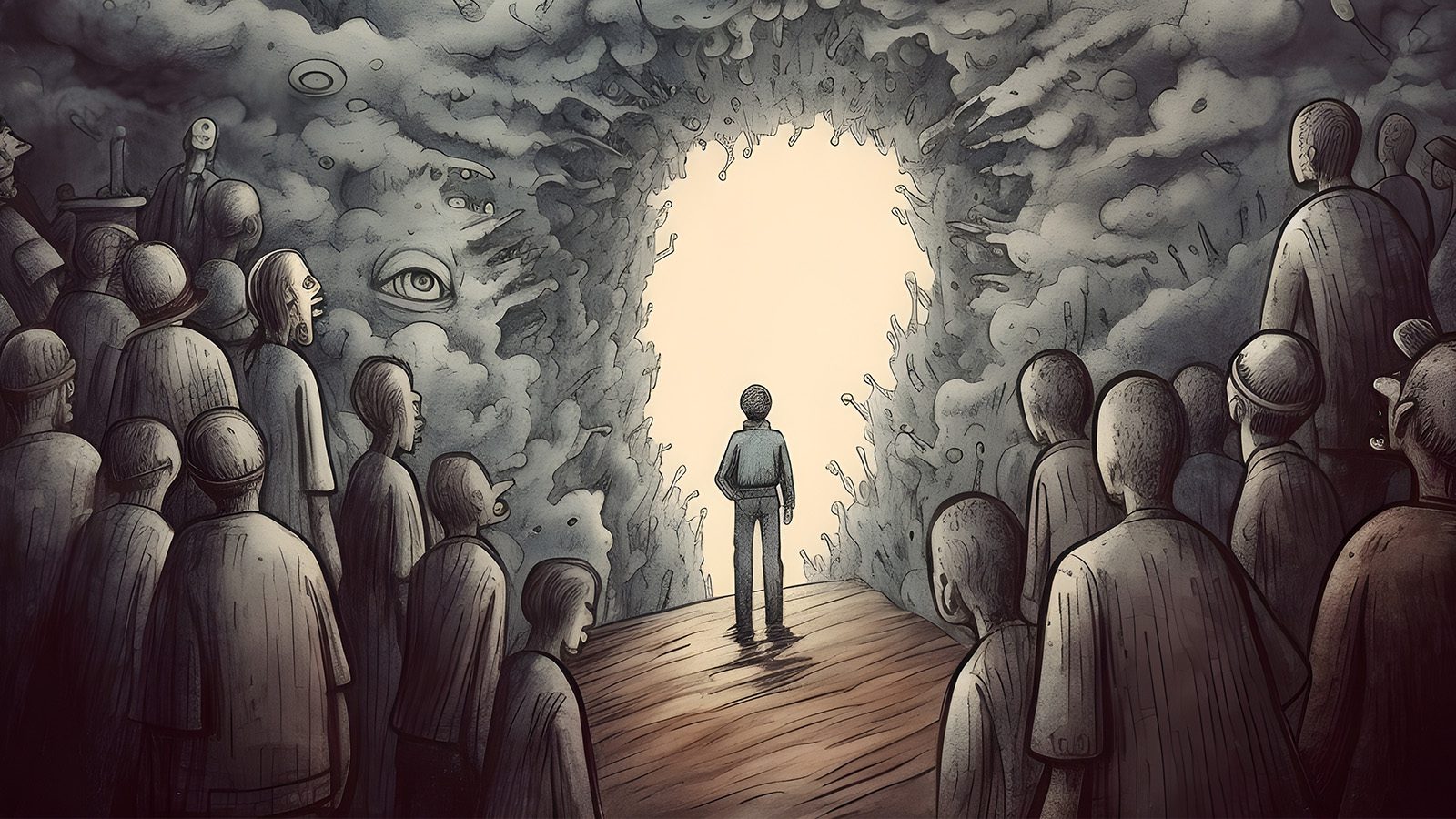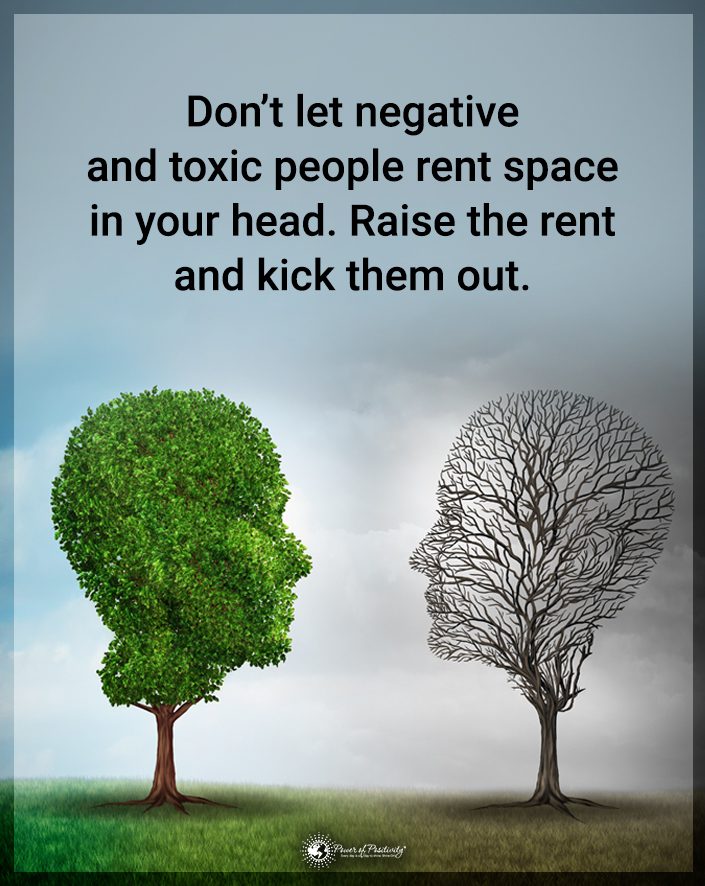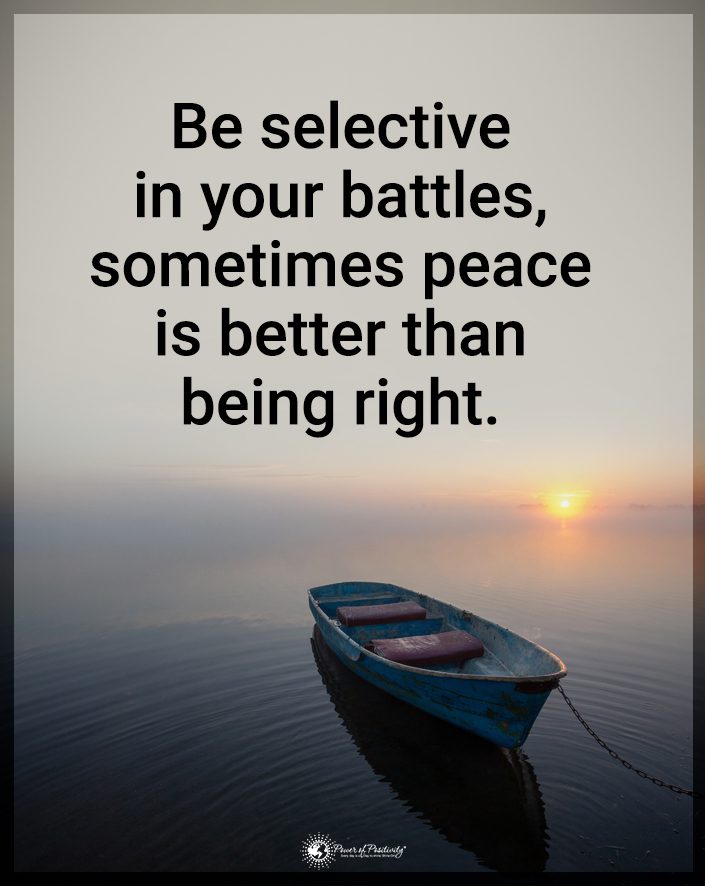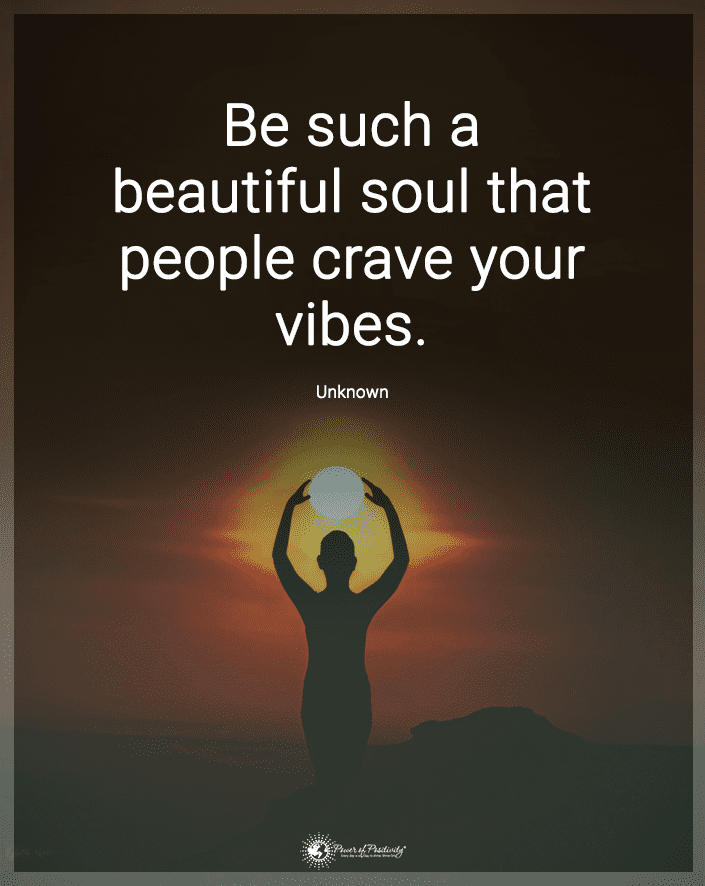Here’s why negative people keep stealing your positive vibes.
Relationships shape our emotions, experiences, and identity. But what happens when these relationships become sources of stress, negativity, and emotional drain? Many of us have been there – trapped in a cycle of attracting and tolerating toxic people. This perplexing pattern often questions us, “Why does this keep happening to me?”
Understanding why you attract toxic people is not just about singling out their flaws; it’s about delving deeper into your interactions, behaviors, and choices. It’s a journey that demands self-reflection and an honest look at the relationships you nurture and maintain. These attraction patterns are often deeply ingrained, influenced by past experiences, and fueled by our unexplored needs and insecurities.
This article explains why toxic people might be drawn to you and, more importantly, shows you how to break this cycle.
Understanding Toxic People in Relationships
The term ‘toxic’ has become a buzzword in our modern lexicon, especially when describing less-than-ideal relationships. But what does it mean, and how does it manifest in our interactions with others? This section aims to unpack the concept of toxicity in relationships, offering insight into the traits of toxic individuals and the impact these relationships have on our well-being.
What Makes a Person Toxic?
A toxic person is someone whose behavior repeatedly and consistently adds negativity and upsets your life. It’s important to recognize that toxicity can come in various forms and doesn’t always appear as overt abuse or aggression. Sometimes, it’s subtler—like constant criticism, manipulation, or a pervasive lack of empathy. These individuals may drain your energy, leaving you frustrated, anxious, and unworthy.
Common traits of toxic people include:
- Manipulation: Using emotional blackmail, gaslighting, or guilt to control you.
- Negativity: Consistently seeing the worst in situations, others, and perhaps, in you.
- Self-Centeredness: Focusing on their own needs and feelings while disregarding yours.
- Lack of Empathy: Showing little concern for your feelings, thoughts, or challenges.
The Impact of Relationships With Toxic People
The influence of toxic relationships extends far beyond momentary upsets. These interactions can deeply impact your mental and physical health. When you’re constantly exposed to negativity and emotional turbulence, it can lead to chronic stress, anxiety, and a decline in self-esteem. You might walk on eggshells, perpetually trying to avoid conflict or criticism. This prolonged tension can also manifest physically, potentially causing headaches, fatigue, and other stress-related ailments.
Mentally, these relationships can leave deep scars. They often distort your sense of self-worth, making it challenging to trust others or even your judgment. It’s not uncommon for individuals who have endured toxic relationships to struggle with feelings of inadequacy, self-doubt, and a pervasive sense of loneliness.
Understanding these traits and impacts is the first step in acknowledging and addressing toxic people’s role in your life. This awareness is crucial to untangle yourself from these damaging dynamics and steer your life towards healthier, more positive relationships.
Self-Reflection – The Mirror to Your Relationships
Recognizing the toxic traits in others is crucial, but it’s equally important to turn the lens inward. Understanding your role in these dynamics can be a powerful catalyst for change. This section delves into self-reflection, exploring how your behaviors, patterns, and past experiences might inadvertently attract or tolerate toxic individuals.
Your Role in Attracting Toxic People
Self-reflection can be challenging, but it’s a critical step in understanding why you might be a magnet for toxic people. Sometimes, the vibes we emit—a lack of confidence, a fear of confrontation, or a deep-seated need to be liked—can make us susceptible to toxic relationships. Toxic individuals often seek out those whom they perceive as vulnerable or easy to manipulate.
Ask yourself:
- Do I struggle with setting boundaries?
- Do I prioritize others’ needs and feelings over my own?
- Do I have a hard time saying no?
Answering these questions can help you identify patterns in your behavior that contribute to these toxic dynamics. It’s not about blaming yourself but about understanding how your actions and choices are part of the relationship.
The Power of Past Experiences
Our past plays a key role in molding our present. The relationships we witnessed or experienced growing up, particularly in our formative years, can set a template for what we consider ‘normal’ in adulthood. If you grew up around toxic dynamics, you might unconsciously gravitate towards similar relationships, mistaking them for familiarity or even love.
Reflecting on your past experiences and their influence on your current relationships can be enlightening. It allows you to identify and challenge these ingrained patterns. Understanding this connection is crucial to breaking the cycle and making conscious, healthier relationship choices.
This journey of self-reflection isn’t just about avoidance; it’s about empowerment. By understanding your role and the influence of your past, you become better equipped to make intentional choices about the people you allow into your life. This understanding paves the way for healthier relationships and a stronger, more self-aware you.
Breaking the Cycle of Relationships With Toxic People
Let’s next focus on actionable steps to break the cycle. This section offers practical advice on setting boundaries, boosting self-esteem, and becoming more assertive – key strategies to stop attracting and tolerating toxic people.
Setting Healthy Boundaries With Toxic People
Boundaries are essential in all relationships, serving as guidelines for how you want to be treated. They are not about changing others but about respecting yourself. Setting boundaries involves communicating your needs and limits clearly and consistently. It can be daunting, especially if you’re not used to asserting yourself. Still, it’s a critical step in protecting your emotional well-being.
To establish healthy boundaries, start with small steps:
- Identify what you’re comfortable with and what you’re not.
- Communicate your boundaries to others clearly and calmly.
- Stay consistent in enforcing these boundaries.
It is okay to adjust your boundaries as you grow and your needs change. Setting and maintaining boundaries is a dynamic process that requires practice and patience.
Building Self-Esteem and Assertiveness in Every Relationship
Attracting and tolerating toxic people can often stem from a lack of self-esteem. When you value yourself and recognize your worth, you’re less likely to accept poor treatment from others. Building self-esteem is a journey – it involves embracing your strengths, accepting your weaknesses, and treating yourself with kindness and respect.
Assertiveness is a key component of self-esteem. It’s about expressing your thoughts and feelings confidently and respectfully. It’s not about being aggressive or confrontational but about standing up for yourself in a healthy, positive way.
Tips for building self-esteem and assertiveness:
- Engage in activities that make you feel competent and confident.
- Practice self-compassion and challenge negative self-talk.
- Start small with assertiveness – express your opinion on a minor issue and gradually work up to more significant matters.
Building self-esteem and assertiveness takes time and effort, but it’s an invaluable investment in your emotional health. As you grow in these areas, you’ll find yourself less drawn to toxic people and more attracted to those who respect and support your newfound sense of self.
Breaking the cycle of attracting toxic people isn’t just about avoiding certain individuals but also about building a stronger, more confident you. It’s about setting the stage for healthier relationships that bring out your best, not your stress.
Cultivating Healthy Relationships
After addressing how to break free from the cycle of toxic relationships, it’s important to focus on fostering positive and healthy connections. This section explores how to recognize healthy relationship traits and the importance of building a supportive social circle, creating an environment where you can thrive emotionally and mentally.
Recognizing Healthy Vs. Toxic People
Identifying what constitutes a healthy relationship is as important as recognizing toxic traits. A healthy relationship comes from mutual respect, trust, and support. In such relationships, both parties feel valued and heard. It’s a two-way street where communication is open and conflicts constructively resolved.
Key indicators of a healthy relationship include:
- Mutual Respect: Everyone values and respects the other’s opinions, boundaries, and individuality.
- Support: Both individuals support each other’s goals and are there for each other during tough times.
- Honesty and Trust: There’s a foundation of trust, and both parties are honest.
- Healthy Communication: Open communication is the norm, with both parties feeling safe to express their thoughts and feelings.
Contrast these traits with those of toxic relationships, and you’ll begin to develop a clearer sense of what to look for in positive, enriching connections.
Building a Positive Social Circle
Surrounding yourself with positive, supportive people can immensely impact your well-being. A healthy social circle consists of individuals who uplift, respect, and encourage you to be your best self. Building such a network takes time and intention, but it’s worthwhile.
Tips for building a positive social circle:
- Engage in activities and hobbies that interest you, which can naturally lead to meeting like-minded individuals.
- Be open to making new connections, but be discerning about who you let into your close circle.
- Nurture existing relationships that are positive and supportive.
Remember that the quality of your relationships is more crucial than the quantity. A few genuine, supportive friends are far more valuable than numerous superficial connections.
By cultivating healthy relationships, you enhance your well-being and create a ripple effect, positively influencing your wider social network. This section aims to empower you to seek out and nurture relationships that are not just non-toxic but are actively enriching and joyful.
Final Thoughts on How to Stop Attracting Toxic People
Understanding why you attract toxic people and how to fix it is a courageous and transformative process. It’s about self-discovery, setting boundaries, building self-esteem, and nurturing healthy relationships. We’ve explored the traits of toxic individuals, the importance of self-reflection, strategies to break the cycle, and the value of cultivating positive connections. Remember, this journey is not just about avoiding toxic people; it’s about empowering yourself to build a life filled with supportive, respectful, and fulfilling relationships.
As you apply these insights and strategies, remember that change doesn’t happen overnight. Be patient and compassionate with yourself as you navigate this path. The shift towards healthier relationships begins with a single step, and each step forward pushes you toward a victory worth celebrating. You can rewrite your relationship story, where you’re surrounded by people who uplift, support and cherish you. Here’s to a future filled with healthier, happier relationships!


















